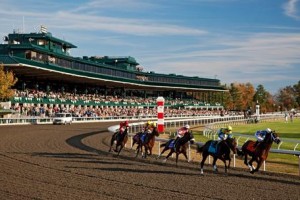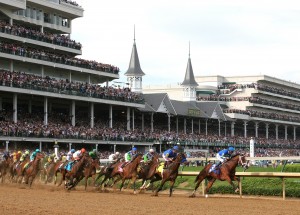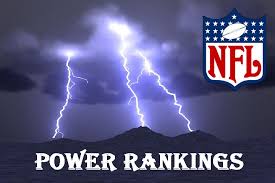The Olympics kicked off yesterday. Whoever approves competitions for inclusion in the Olympics does not share my view of what constitutes a sport. Here is their list of Olympic Sports.
In my opinion, sports are athletic events that have an offense and a defense.
My definition limits “sports” to athletic events where you “score” a point/goal/run/etc on your opponent and the winner of the contest is defined in some way by who scores the most. Additionally, there must be some aspect of defense whereby each team is trying to keep the other team from scoring.
Let’s examine some of the events on the Olympic list to see if they are really sports.
Archery/Shooting/Bobsled/Skating/Skiing/Diving/Weightlifting: Not sports. You don’t even compete at the same time as your opponents, so there’s no defense.
Trampoline: Please. Kid’s backyard event. Not a sport.
Tennis/Badminton: Sports. You’re constantly trying to score points while keeping your opponent from scoring.
Table Tennis: The way they play, I guess these are athletic events. Maybe. Sport.
Swimming/Rowing: You compete at the same time as your opponents, but you have to stay in your lane and cannot affect their performance. Not sports. This goes for any “stay in your lane” track and field events too.
Boxing/Judo/Taekwondo: Offense-Hit opponent. Defense-Avoid opponent’s attack. Sports.
Volleyball/Soccer/Basketball/Hockey: Classic team sports.
Winter biathlon: Ski. Shoot. Ski. Shoot. Unless you can shoot your opponent to slow them down, not a sport.
Golf: There is some strategy involved in how you play which depends on how well your opponent(s) are doing, but you cannot really stop your opponent from doing well in any way. Not a sport.
Tougher calls:
Racing events (cycling/sailing/long-distance running/skating/skiing) where you don’t have to stay in your lane: You can sometimes interact with your opponent by blocking their path. But that’s not really the point of the event. The point is to get the finish line the fastest. Maybe some strategy involved in the pace that you set, but no real offense or defense. Not sports.
Curling: There is definitely “scoring” based on where the stones end up. And you can prevent the opponent from scoring by knocking out their stones. And it’s fairly athletic, so I’m going to say it’s a sport.
By my count, the only two real sports in the Winter Olympics are hockey and curling. The rest can be “athletic events”, but they’re not sports.
Additionally, watching athletic events with cryptic subjective scoring is annoying. Figure skating, “style” skiing events, gymnastics, and diving, I’m looking at you. Figure out a real way to decide the winner.
It’s a travesty that baseball/softball are not in the Olympics when trampoline is. The ancient Greeks would be ashamed.
Curling is pretty awesome.


